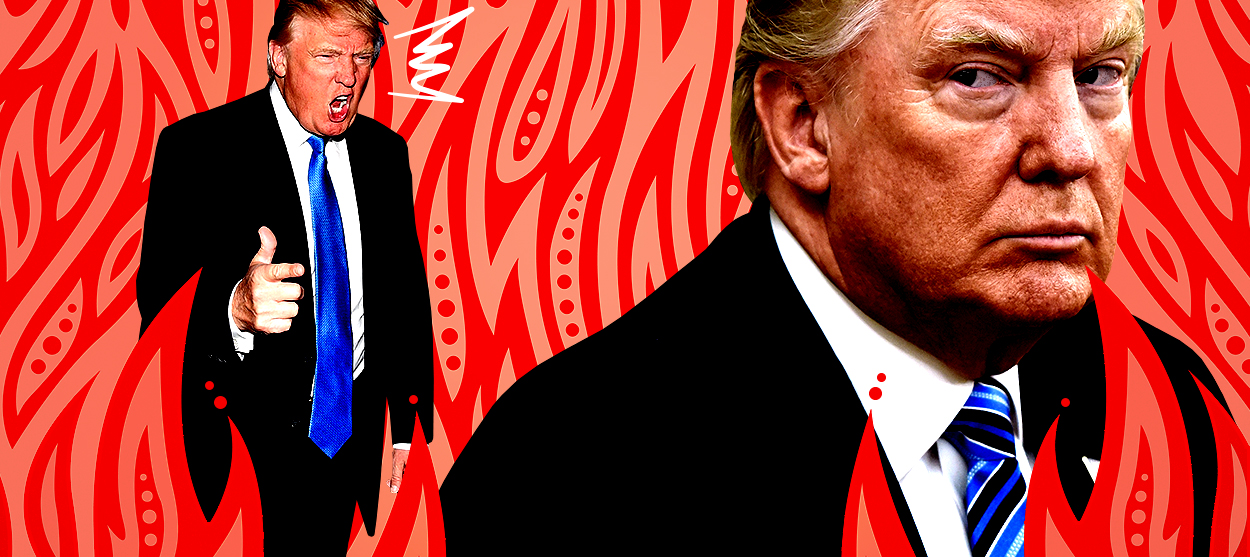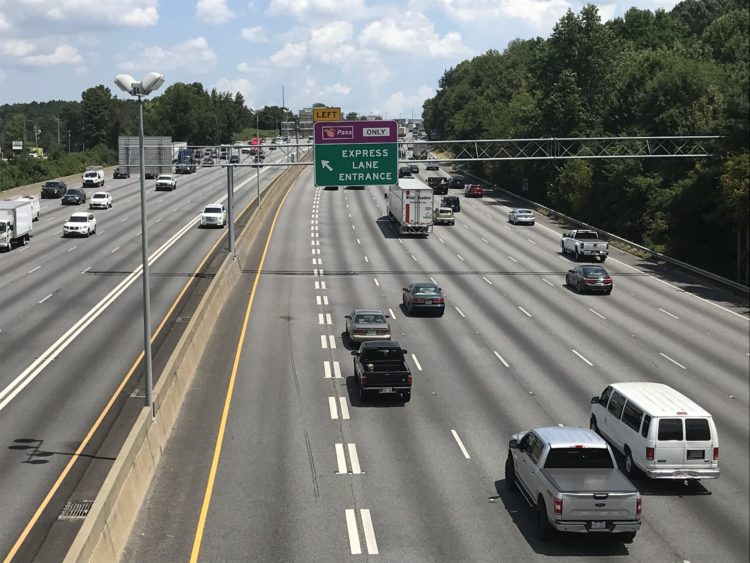
- Select a language for the TTS:
- UK English Female
- UK English Male
- US English Female
- US English Male
- Australian Female
- Australian Male
- Language selected: (auto detect) - EN
Play all audios:
Awareness and treatment options for Veterans experiencing Post-Traumatic Stress Disorder (PTSD) has significantly changed in the 14 years Patrick Diggs has been serving at Bay Pines VA
Healthcare System. “Historically, when we saw Veterans, they would be aligned under the combat – or Military Sexual Trauma (MST) – related tracks,” said Diggs. “However, now, in 2024, we are
able to treat Veterans who have experienced PTSD trauma over the course of their lifespan – instead of just treating the trauma they experienced in the military.” The organization’s mental
health and behavioral science services has also seen a transition in the gender of Veterans who are coming forward. “At one time there was a disproportionate number of women who received
services for MST, compared to men; however, that has changed,” continued Diggs. “What we’ve seen is an increase in the number of male Veterans, which says a lot about their courage to come
forward and disclose their trauma.” June is Men’s Mental Health Awareness Month, and Diggs believes that the team’s ability to support survivors is a byproduct of the bravery and courage of
Veterans to speak up. “Since last year, we’ve worked to create more access, and we’re really proud of that,” continued Diggs. “For example, we’ve been able to improve our efficiency and
have increased our outpatient appointments by 200, compared to this time in 2023.” Diggs was quick to say that the success – whether it be in scheduling or providing care – is the direct
result of a team effort. “Every day, I get to lead the most amazing team of experts who are specialists in every sense of the word,” said Diggs. “This team knows more about PTSD than anyone,
and I’d offer they are in the upper 95 percentile of acumen, which is of immense value to the healthcare system and every Veteran we serve.” Diggs stated that primary care teams have
assigned mental health providers, and Veterans enrolled in VA health care can start their inquiry about trauma-related services by speaking to their care teams. “We have the ability to
provide support through a continuum of care,” continued Diggs. “This means that if you are here for a routine visit, as a resident in a mental health service, or staying in the domiciliary,
we can support you immediately.” Although Diggs acknowledges that the organization’s ability to support Veterans on the spot makes it beneficial to the Veteran, it’s the byproduct of that
support that, for him, is the most rewarding. “When Veterans graduate from our residential programs, we get valuable feedback from them,” stated Diggs. “Eighty-five percent report a
clinical meaningful decrease in their PTSD symptoms, which tells us the gold-standard of care we provide is working, and 90% report an increase in satisfaction of their quality of life.”
Diggs confessed he feels that his service to Veterans is something that was meant to be. Although he never wore the uniform, he understands that trauma isn’t associated with a rank or branch
of service. He, like those he works with, are fundamentally grounded by the belief they are here to help others find peace and happiness. “At my core, I am a helper; it’s what I do and who
I am,” said Diggs. “I’ll be this way until the end of time.” Diggs encourages anyone – Veteran, family member, or friend of a Veteran, to reach out to him directly at 727-368-6661, ext.
13888 for more information about the PTSD services offered at Bay Pines VA.






